The digital revolution in healthcare is proceeding at a rapid pace, with telemedicine and artificial intelligence completely redefining the landscape of healthcare data management. In 2025, this transformation has reached a crucial turning point, bringing tangible benefits to both patients and healthcare providers.
La nuova frontiera della gestione dei dati sanitari
The convergence of telemedicine and AI has created a more efficient and interconnected healthcare ecosystem. Next-generation Electronic Health Records (EHR) systems no longer simply store data but use advanced algorithms to analyze it in real-time, providing valuable insights for patient diagnosis and treatment.
The integration of IoT sensors and wearable devices is generating a continuous flow of biometric data that is processed by AI systems for preventive health monitoring. These systems can identify potential health issues before obvious symptoms manifest, allowing for timely and personalized interventions.
Sicurezza e privacy: le nuove sfide
With the exponential increase in digital healthcare data, security and privacy have become absolute priorities. The implementation of blockchain technologies and advanced encryption systems ensures the protection of sensitive patient data, while automated smart contracts regulate access and information sharing between different healthcare facilities.

The Impact of AI on Clinical Management
Artificial intelligence is revolutionizing various aspects of clinical management:
- Diagnosis and Prognosis
AI systems analyze enormous quantities of clinical data, diagnostic images, and medical literature to support physicians in the decision-making process. Machine learning algorithms can identify patterns and correlations that might escape the human eye, improving diagnostic accuracy.
- Personalization of Care
AI-based predictive analysis enables the development of highly personalized treatment plans, considering each patient’s genetic profile, lifestyle, and clinical history.
- Resource Optimization
AI helps manage hospital resources more effectively, predicting peak attendance, optimizing appointment scheduling, and reducing waiting times.
The role of telemedicine
Telemedicine has evolved beyond its initial role of simple remote consultation, developing into a complete platform for health management. AI-integrated telemedicine platforms offer:
- Continuous remote monitoring of chronic patients
- AI-based automated triage for care prioritization
- Virtual consultations enhanced by decision support systems
- Automated prescription and follow-up management
Future Perspectives
The convergence of telemedicine and AI will continue to evolve, with the emergence of new technologies such as:
- Digital twins for simulating interventions and therapies
- Augmented reality systems for medical training and assisted surgery
- Advanced neural networks for predictive public health analysis
The Strategic Role of DMBI Consultants
In this rapidly evolving technological landscape, DMBI Consultants stands out for its ability to successfully apply its data management and analysis know-how to the healthcare sector through a proven collaboration model that valorizes healthcare professionals’ expertise.
The added value of DMBI Consultants lies in its ability to create an effective bridge between the world of data and healthcare. The approach is not to propose pre-packaged solutions but to co-create tools and methodologies with sector experts that respond to real operational needs, maximizing both DMBI’s technical expertise and the clinical expertise of healthcare professionals.
Author: Claudia Paniconi | Marketing Manager DMBI
Photo by Rawpixel on Freepik





